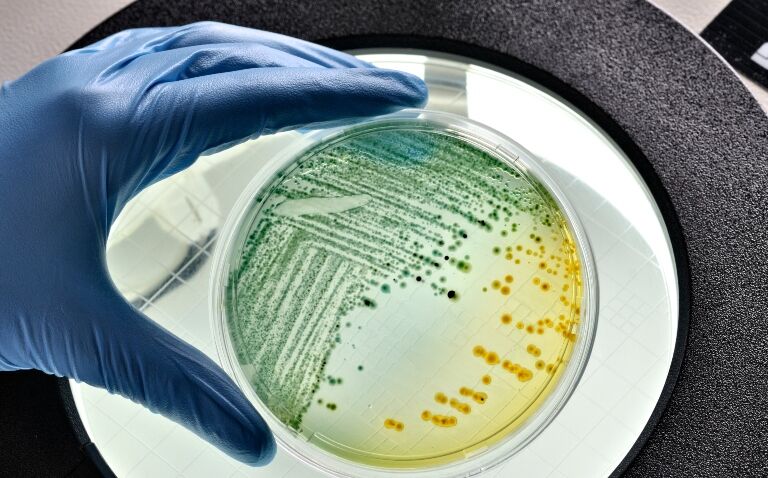Emergency departments have been asked to notify all cases of infectious bloody diarrhoea to local health protection teams, as UK authorities issue a health warning about a serious Escherichia coli (E. coli) outbreak linked to an unknown ‘nationally distributed food item’.
The UK Health Security Agency is investigating an increase in the number of Shiga toxin-producing E. coli (STEC) cases in recent weeks.
As of 4 June, there have been 113 cases associated with the outbreak of STEC O145 in the UK, all of which have been reported since the 25 May.
Genome sequencing suggests most cases are part of a single outbreak but due to the wide geographic spread it is most likely linked to food that is bought throughout the UK.
Officials say there have been 81 cases in England, 18 in Wales, 13 in Scotland and 1 in Northern Ireland that may have been acquired during a trip to England.
E. coli cases, which are in patients ranging from two to 79 years old, are expected to rise further are expected to rise further as more samples are tested.
Of the 81 cases found in England, 61 have provided information on food, travel and potential exposures, UKHSA said ‘and of these we know that 61% have been hospitalised’.
In a letter sent to emergency departments, GPs and out-of-hours centres, officials said healthcare professionals may see increase attendance related to gastrointestinal illness.
Symptoms include diarrhoea, vomiting, abdominal pain, blood in stools and fever and up to 15% of child cases of STEC progress to haemolytic uraemic syndrome (HUS) within seven days of onset, it explained.
‘Cases of infectious bloody diarrhoea and HUS cases must be notified to the UKHSA health protection team (HPT) on clinical suspicion, regardless of the microbiology results, for urgent public health assessment and management,’ the letter said.
’For those with bloody diarrhoea or suspected HUS, please send a faecal sample (stool or a rectal swab) to the local microbiology laboratory labelled as “suspected STEC” or “suspected HUS”, and marked as URGENT’, it continued.
It is particularly important to obtain a faecal specimen from those with bloody diarrhoea, those who are systemically unwell, children aged five years and under, the immunocompromised, food handlers and those working in health and social care, it added.
Commenting on the E. coli outbreak, Trish Mannes, incident director at UKHSA, said: ‘Washing your hands with soap and warm water and using disinfectants to clean surfaces will help stop infections from spreading.
‘If you are unwell with diarrhoea and vomiting, you should not prepare food for others and avoid visiting people in hospitals or care homes to avoid passing on the infection in these settings.
‘Do not return to work, school or nursery until 48 hours after your symptoms have stopped.’
A version of this article was originally published by our sister publication Pulse.










